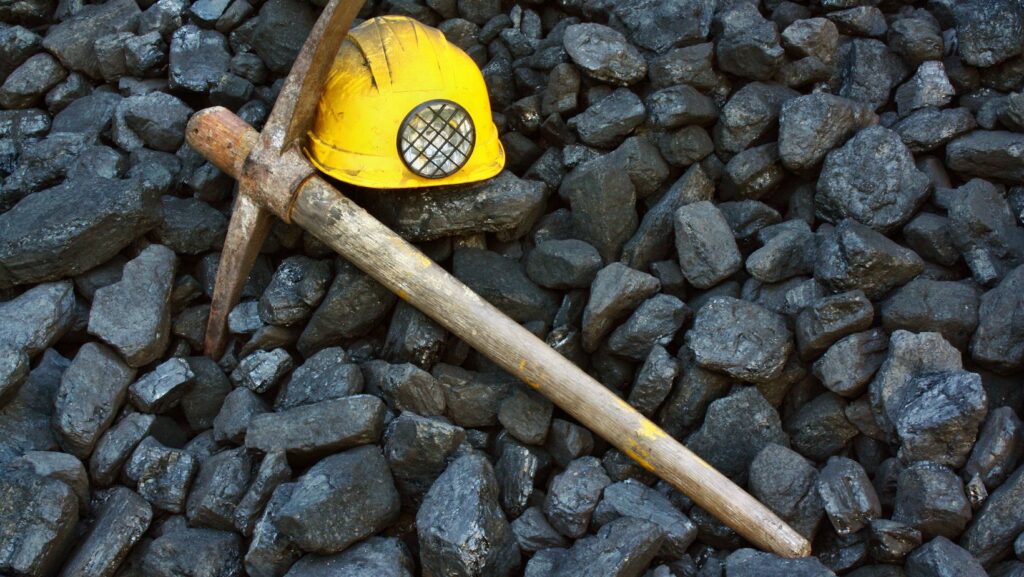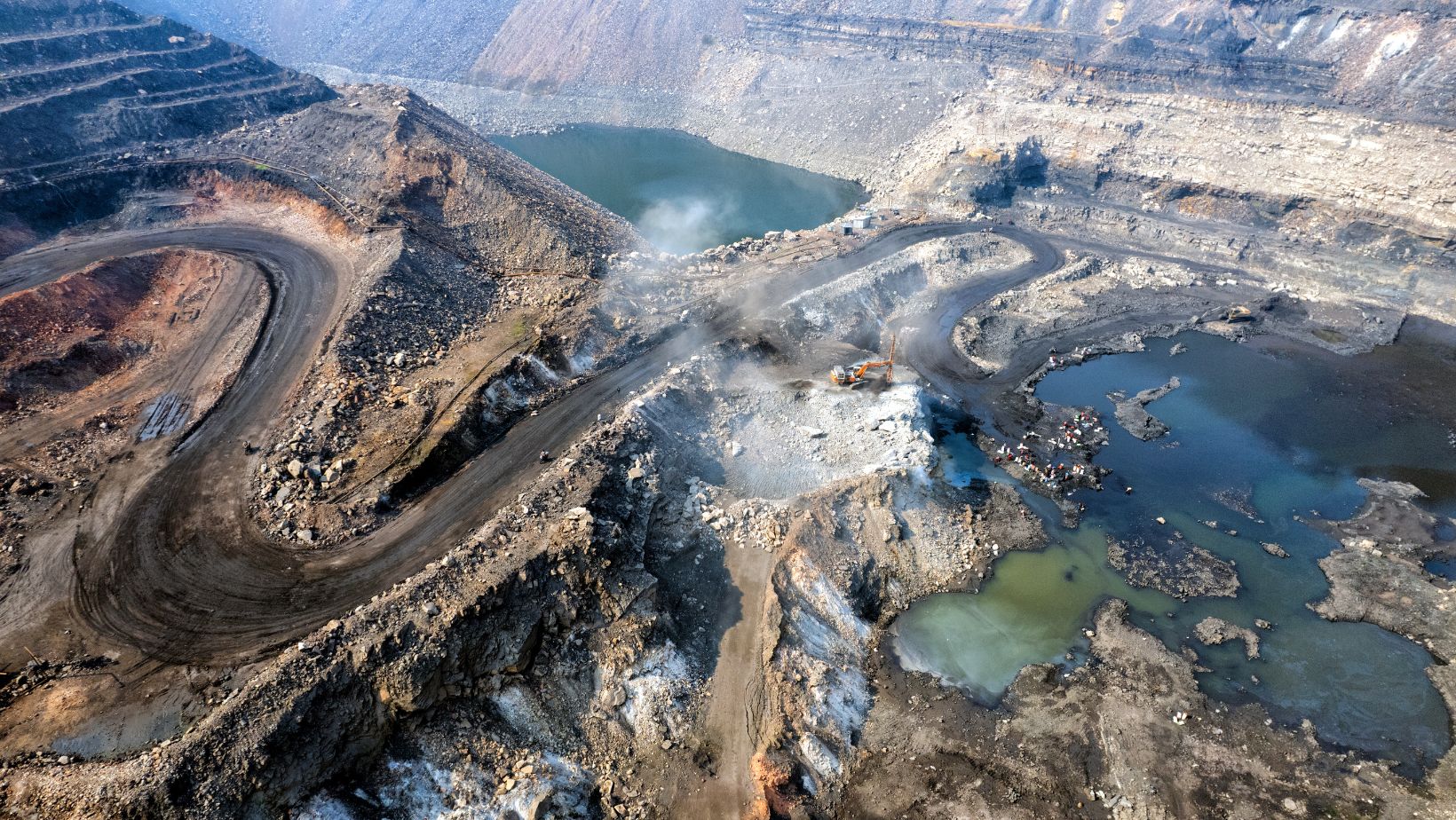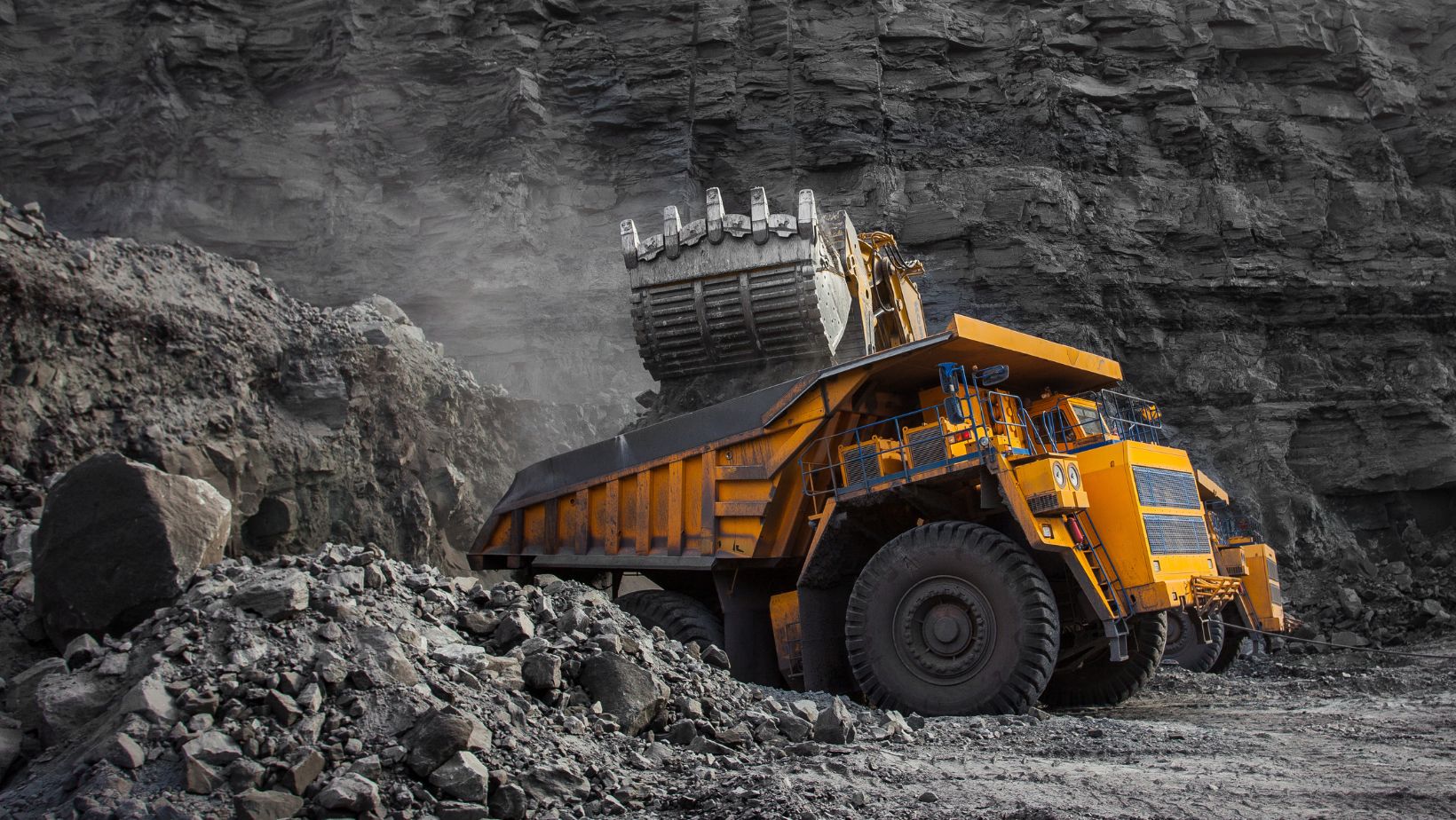
Mining operations present significant risks, including cave-ins, gas leaks, fires, and equipment failures. These hazards can result in severe injuries or fatalities if not managed properly. The unpredictable nature of mining accidents makes emergency preparedness essential for protecting lives.
Mines rescue training plays a crucial role in equipping workers with the skills needed to respond effectively in dangerous situations. This specialised instruction provides life-saving techniques that help prevent casualties and minimise damage during emergencies. Proper training ensures that miners can handle crises with confidence and precision. The following article explores how this training saves lives and improves workplace safety.
Rapid Response Saves Lives
Mining accidents can escalate quickly, leaving little time for hesitation. Immediate action is necessary to prevent injuries from worsening or fatalities from occurring. Rescue teams trained in emergency response know how to act decisively under pressure. They assess risks, stabilise injured workers, and implement rescue procedures without delay.
Quick intervention can mean the difference between life and death in hazardous environments. Effective response training reduces confusion and ensures that every second is used wisely in an emergency. Well-practised rescue strategies enable teams to navigate complex situations swiftly, preventing minor incidents from turning into major disasters.
Preventing Fatalities Through Proper Techniques
Rescue missions in mines require precise execution. Mistakes can lead to further harm, making it essential for responders to follow established procedures. Training programs focus on essential techniques such as first aid, fire suppression, and confined space rescues.
Workers learn how to control fires, detect toxic gases, and use breathing apparatuses to navigate smoke-filled areas. These skills ensure that rescue teams can safely extract trapped individuals and provide necessary medical assistance. By mastering these techniques, miners increase their chances of survival and help protect their colleagues.
Strengthening Team Coordination in Emergencies
A successful rescue operation relies on teamwork. Poor communication or mismanagement can put both rescuers and victims in danger. Training exercises teach miners how to work together under extreme conditions. Clear role assignments and structured communication allow teams to function smoothly in high-pressure situations.
A coordinated effort ensures that operations run efficiently, reducing the likelihood of additional risks. When every team member understands their responsibilities, rescue efforts become more effective and safer. Regular drills and simulations help reinforce teamwork, ensuring that each responder can anticipate challenges and adapt quickly during real emergencies.
Handling Psychological Pressure in High-Risk Situations
Mines rescue operations often take place in stressful environments. Darkness, limited oxygen, and collapsing structures can cause panic if rescuers are not mentally prepared. Training programs include psychological conditioning to help workers remain calm during crises.
Techniques such as controlled breathing and stress management allow rescuers to think clearly and make rational decisions. Maintaining focus under pressure is critical for ensuring the safety of both the rescue team and those in need of assistance. Mental preparedness is just as important as physical skills in life-threatening situations.
Reducing the Severity of Injuries
Injured miners require immediate care to prevent complications. Delays in treatment can lead to permanent damage or loss of life. Rescue training includes medical response skills that enable workers to provide critical first aid on-site. Techniques such as wound management, CPR, and oxygen administration help stabilise injured individuals until professional medical help arrives.
By reducing response time, trained miners improve survival rates and minimise long-term health risks. Proper first aid training ensures that injuries are treated with the urgency they require. Rescue teams also learn how to assess the severity of injuries quickly, allowing them to prioritise treatment and allocate resources effectively.
Enhancing Safety Culture in the Mining Industry
A proactive approach to emergency preparedness leads to safer workplaces. Training instils a strong safety culture among workers, encouraging them to take preventive measures. Regular rescue drills reinforce best practices and keep safety protocols fresh in workers’ minds.
Ongoing education ensures that miners remain aware of evolving risks and new rescue techniques. A well-trained workforce is more likely to prioritise safety, reducing the chances of preventable accidents. Investing in continuous learning creates a safer environment for all mining personnel.
The Lifelong Impact of Proper Training
Mines rescue training not only saves lives in immediate emergencies but also contributes to long-term safety improvements. Prepared workers create a more secure workplace for future generations. The knowledge and skills gained through training extend beyond mining operations.
Rescuers develop a sense of responsibility that influences their approach to safety in everyday life. The impact of proper training reaches beyond individual workers, benefiting entire communities that rely on safe mining practices. Continuous skill development ensures that lifesaving techniques are passed down and refined over time.
When it comes to workplace safety, Mines rescue training is a critical component, providing workers with the expertise needed to handle life-threatening situations. A well-prepared rescue team increases survival rates, reduces injuries, and strengthens overall safety standards in the industry. The commitment to ongoing education and training continues to save lives and improve working conditions in mining operations.



